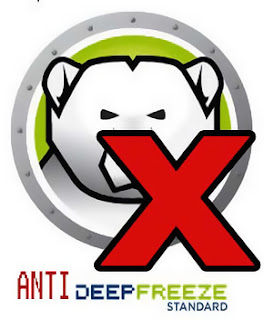

The two premiers agree on welcoming Ukrainian refugees, donating arms to Ukraine and pursuing stronger sanctions – particularly on energy exports – against the Kremlin. He pointed out that the Hungarian-Polish bond was now being replaced by a closer Czech-Polish bond between Polish premier Mateus Morawiecki and new Czech Prime Minister Petr Fiala. Rupnik said the breakdown of this relationship had also blocked their plan to build a new radical right-wing grouping to take over the European Parliament. The relationship could improve, he said, “but only if Viktor Orban changes”. “We cannot co-operate as we did in the past if this continues,” he said. Kaczynski said this month that if Orban “cannot see what happened in Bucha, he must be advised to see an eye doctor”. The two strongmen also defended each other against EU attacks on their erosion of democracy and violation of the rule of law.īut this year the close bond between the two leaders has broken down over the way Orban has opposed tougher sanctions on the Kremlin and has refused to donate arms to Ukraine. In 2016 Orban and Kaczynski had proclaimed they were engaging in a “counter-revolution” against Brussels, to resist what they saw as the European Commission’s violation of their countries’ sovereignty and its attempt to impose Western liberal values in gender and minority issues. “There was the feeling that Central Europe – under Orban and Kaczynski, but also to a lesser extent under Babis and Fico, with their ‘populism light’ – was a brake on EU integration: exactly the opposite of original purpose,” he said.

“In recent years the Visegrad Group has acquired the reputation – sometimes exaggerated, sometimes deserved – of a grouping that is resisting further EU integration,” he said, pointing to the way the V4 had obstructed attempts to share the burden of the Syrian refugee crisis in 2015. However, he said over the past few years the V4 had been in “reverse mode” under Hungarian Prime Minister Viktor Orban, Polish deputy premier Jaroslaw Kaczynski, as well as Czech former premier Andrej Babis and former Slovak premier Robert Fico. The three original members subsequently became four following the 1993 'Velvet divorce' of Czechoslovakia. Rupnik recalled how the V4 had been established in 1991 by Czechoslovak President Vaclav Havel – to whom he was an adviser – Polish President Lech Walesa and Hungarian President Arpad Goncz in order to pursue integration of the former Communist countries into the European Union and Nato. “The attitude to Russia became the key dividing point in the Visegrad Group,” the Sciences Po professor said, adding that “Ukraine has put the Visegrad Group in a deep freeze.” The Visegrad Group (V4) of four Central European countries is in “deep freeze” because of the Hungarian-Polish split over the Ukraine war, and it will have to be re-invented after the end of the conflict, Professor Jacques Rupnik, the leading French political scientist on the region, told an Aspen Institute France webcast on April 28.


 0 kommentar(er)
0 kommentar(er)
